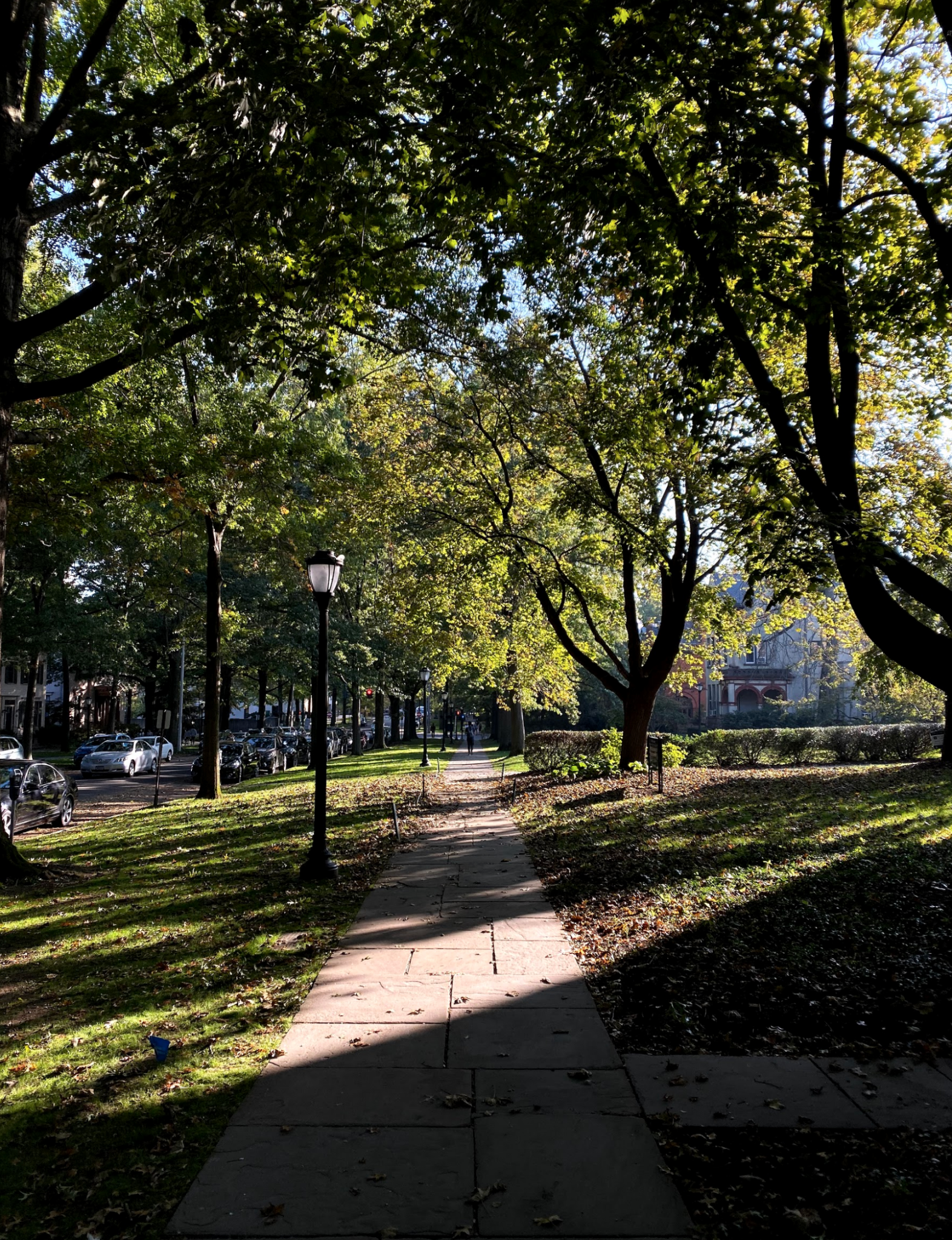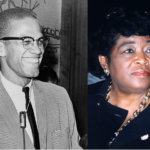Yale Adventist Campus Fellowship hosts interfaith conference on mass incarceration
Over the course of three days, panel groups, keynote speeches and workshops composed of voices from diverse professional and religious backgrounds discussed how faith communities can work to dismantle mass incarceration and systemic injustice.

Vaibhav Sharma, Photo Editor
Last weekend, the Yale Adventist Campus Fellowship hosted an interfaith conference on understanding and ending mass incarceration, entitled “Let My People Go.”
The conference assembled experts and students in various panels throughout the weekend, with speakers coming from diverse faith backgrounds and relationships with mass incarceration. The conference was open and free to the public, with 786 attendees registering in advance. The weekend’s events were held in English, but also had a simultaneous interpretation in Portuguese and select programs in Spanish and American Sign Language. Introducing the conference Friday evening, organizers Stephen Erich DIV ’21 and Mpilo Norris ’23 spoke about Adventism and the efforts it took to convene the conference.
“We probably started planning in June … and thinking about what content we want … and we decided that we essentially wanted three things,” Norris said. “We wanted people to know about the issue from an objective perspective … Number two is what are ways in which faith communities are currently participating in a positive way and what are some ways in which we’re participating in a negative way [and] then number three is, okay, now how can I get involved after I’ve learned this information?”
Norris, who is currently studying biomedical engineering and economics, spoke with the News about his experiences growing up in the Adventist Church, actively preaching and doing youth group counseling at a young age. When he came to Yale, he joined the Yale Adventist Campus Fellowship, where he now serves as a director and president for undergraduate students.
Along with Norris, Erich, who is president of the Yale Adventist Campus Fellowship, helped introduce Elizabeth Hinton, associate professor of history and moderator of the Friday night panel entitled, “The Issue in Context: The United States Criminal Justice System.”
Hinton then introduced the three panelists. While they spoke of themes ranging from mercy and grace to building social movements to the landscape of reentry, associate professor of Law Miriam Gohara, who has represented death-sentenced clients in post-conviction litigation for 16 years, specifically spoke of the flawed nature of the U.S. criminal justice system.
“We live in a country where we promote and tolerate conditions that we know very well are not conditions under which people can survive, much less can succeed,” Gohara said during the panel.
A Saturday morning workshop featured Congregations Organized for a New Connecticut, or CONECT, a collective of churches, synagogues, mosques, temples and civic organizations representing more than 20,000 people committed to taking action on social and economic justice issues. This was then followed by a keynote speech by Professor Kevin Burton from Florida State University, where he connected the prophetic interpretation of the Bible to the contemporary moment.
Other Saturday events included a keynote speech about how to involve oneself through religious communities to reform incarceration and a panel on religious responsibility in criminal justice. Erich told the News that one Saturday moderator, Guilherme Brasile de Souza DIV ’19, a current doctoral candidate at Princeton University, helped inspire the conference during his time at the Yale Divinity School.
“The original idea for the conference came from a previous leader of the Adventist Campus Fellowship … his name is Guilherme Brasile de Souza,” Erich said. “It all kind of started to take off in November [and] it really just just grew into something that really surpassed our own expectations.”
A student panel on criminal justice activism began Sunday’s program, moderated by Micheal Nixon, the vice president for diversity and inclusion at Andrews University. Panel members included Jaelen King ’22, Eunice Park ’23 and Tanya Regli, who has worked at the Pennsylvania-based Holy Redeemer Health System to develop services for people with intellectual and developmental disabilities and address the opioid crisis.
“One of the things that I’m most impressed with is just the willingness for every speaker that we reached out to, or most of them, rather, to participate and to get involved, without much compensation at that,” Norris said. “I think all our presentations were stellar, and we’re still getting accolades even right now saying how great the content was.”
The conference closed on Sunday with a “charge,” in which writer and speaker Claudia Allen spoke about the intersections between faith and justice.
“May we save the lives and souls of people deemed invisible and disposable,” Allen said.
Both Norris and Erich expressed their gratitude for so many people joining them to discuss such topics. In addition, Norris and Erich highlighted the support given to them by the University from the Chaplain’s Office, Associate Dean of Student Affairs at YDS Jeanne Peloso, their translating teams and others who helped them reach a wide audience with a diversity of speakers.
“We can change our mindset as a country, as to what the purpose of punishment is, what the purpose of society is in terms of dealing with individuals who have done something wrong,” Norris said. “I think we can create a system that’s much more conducive to rehabilitation and much more conducive to improving people’s lives, as opposed to trying to damage and judge others.”
The event was streamed live on the Yale ACF YouTube page, and across all events, has over 1,541 views as of Wednesday night.
Amelia Lower | amelia.lower@yale.edu









